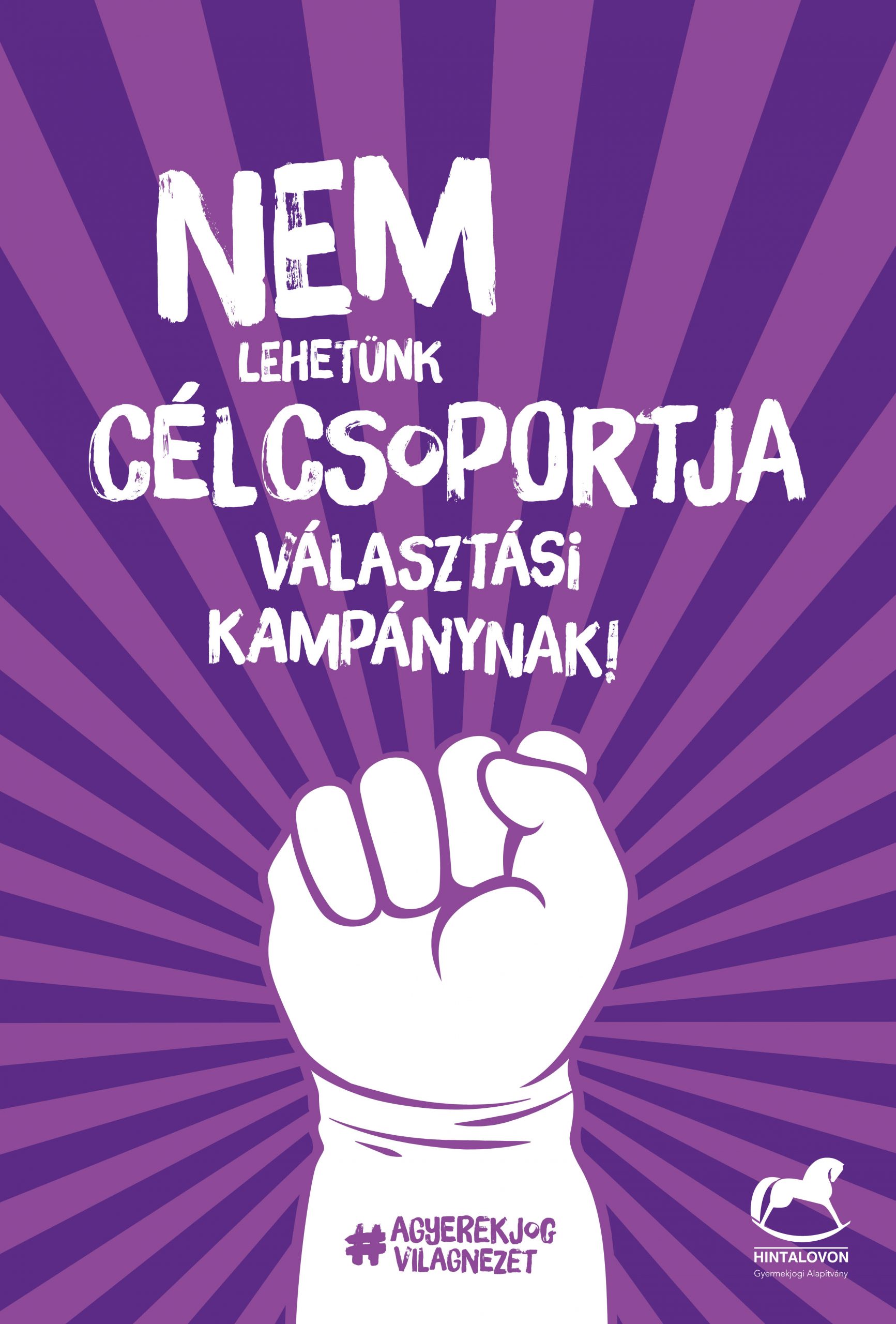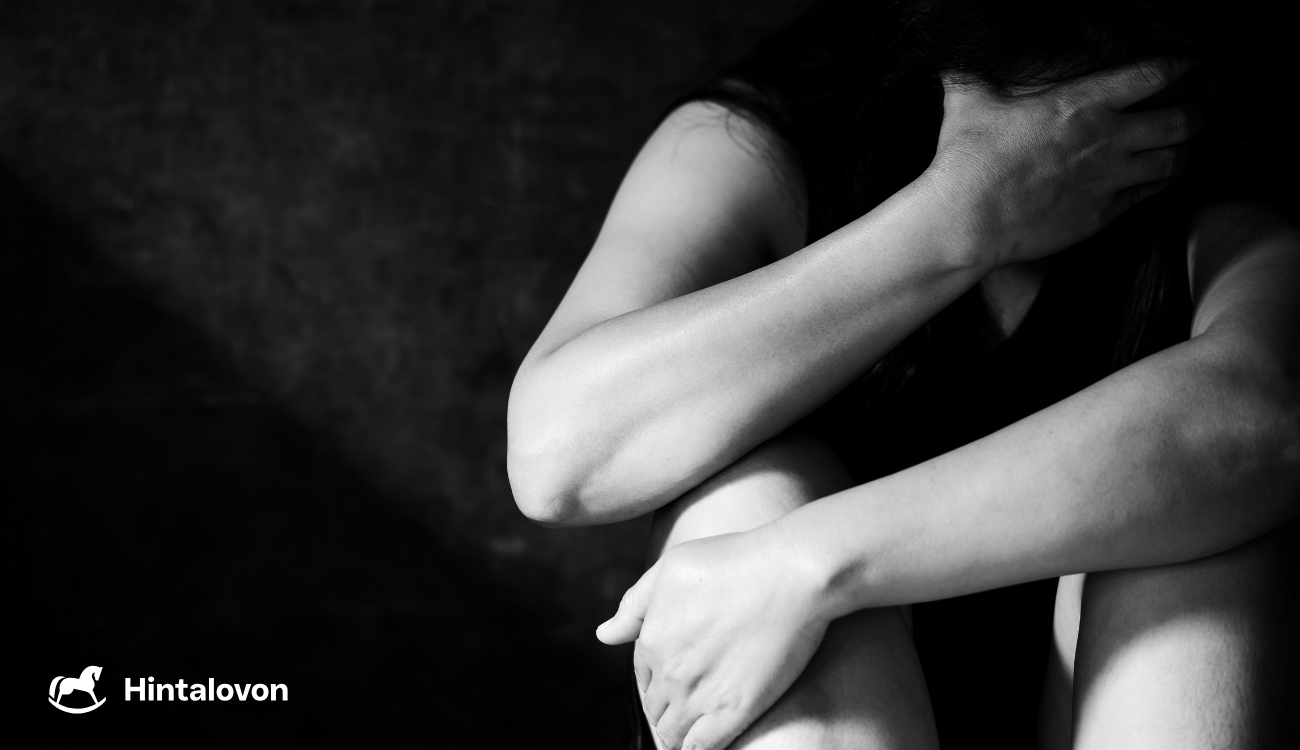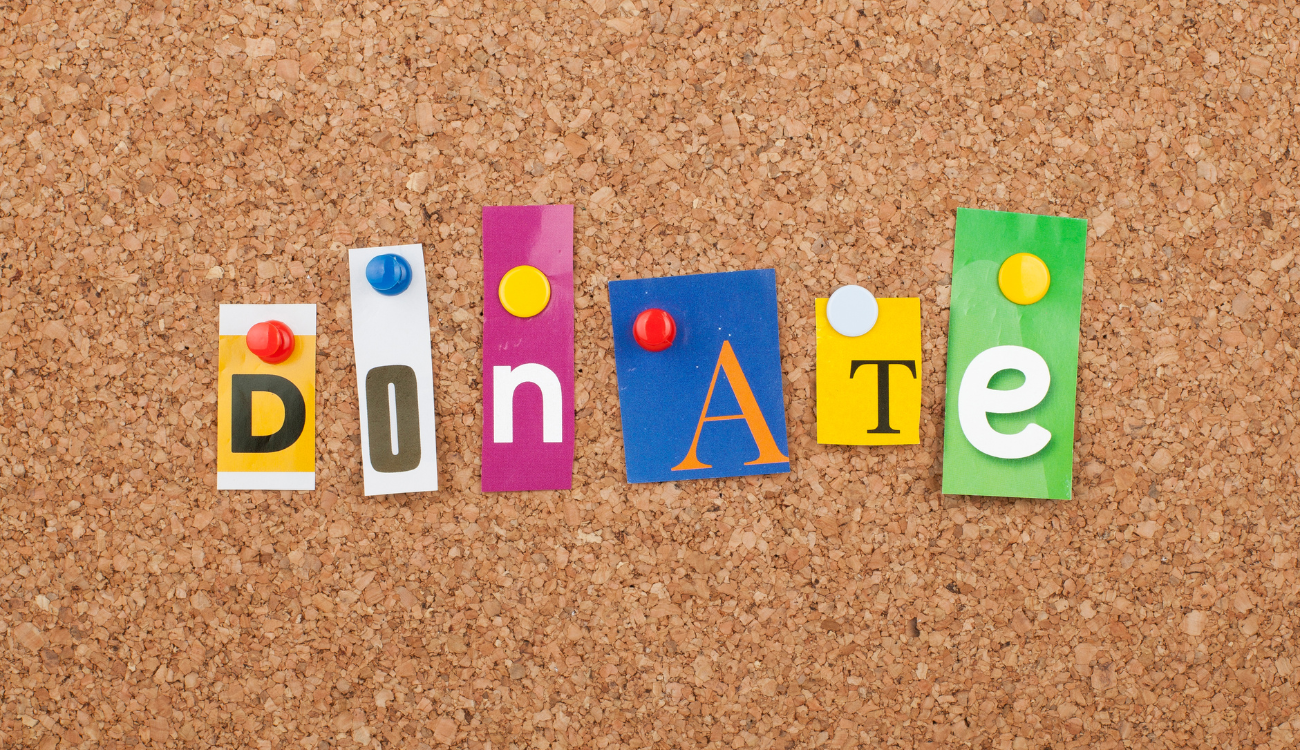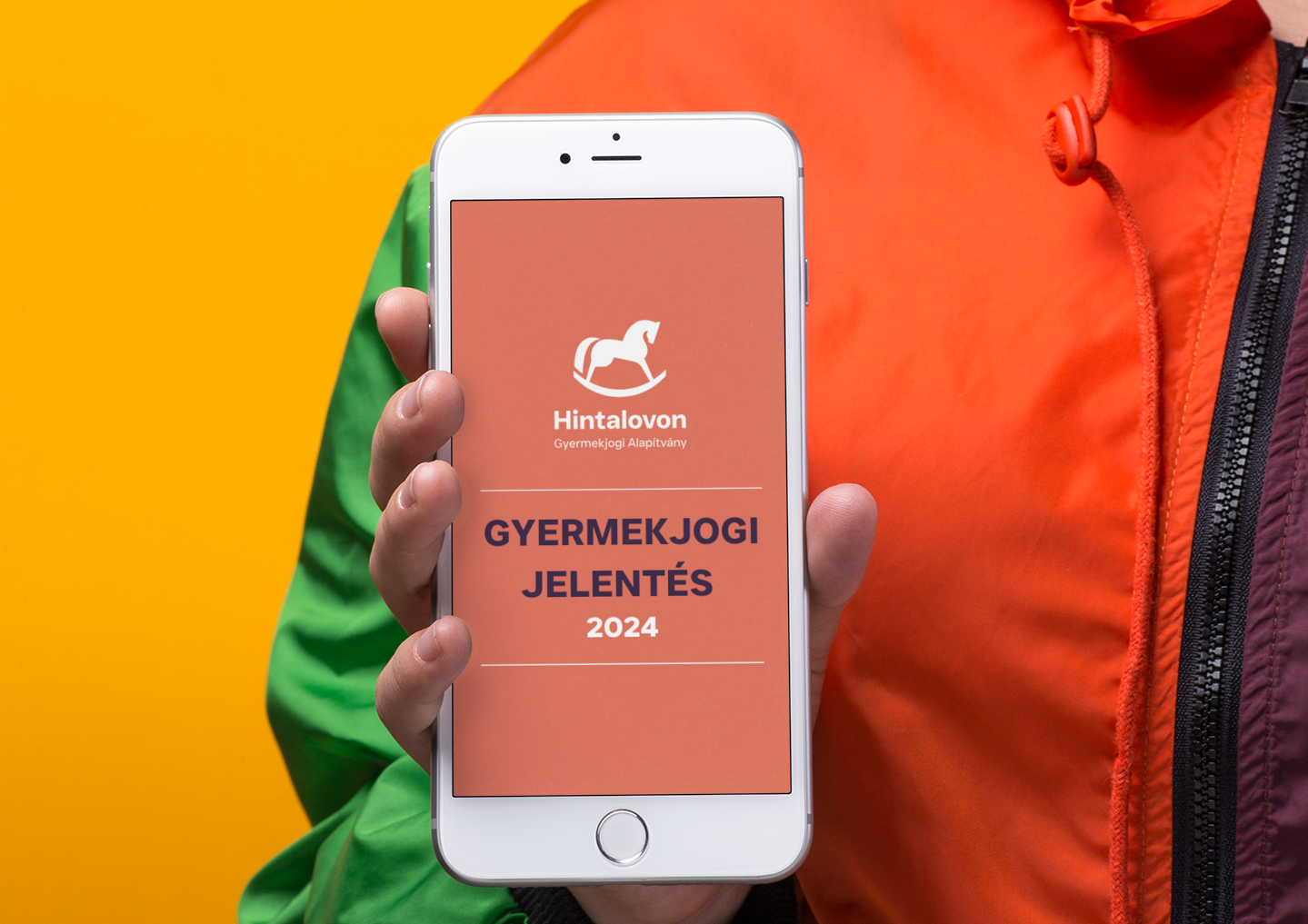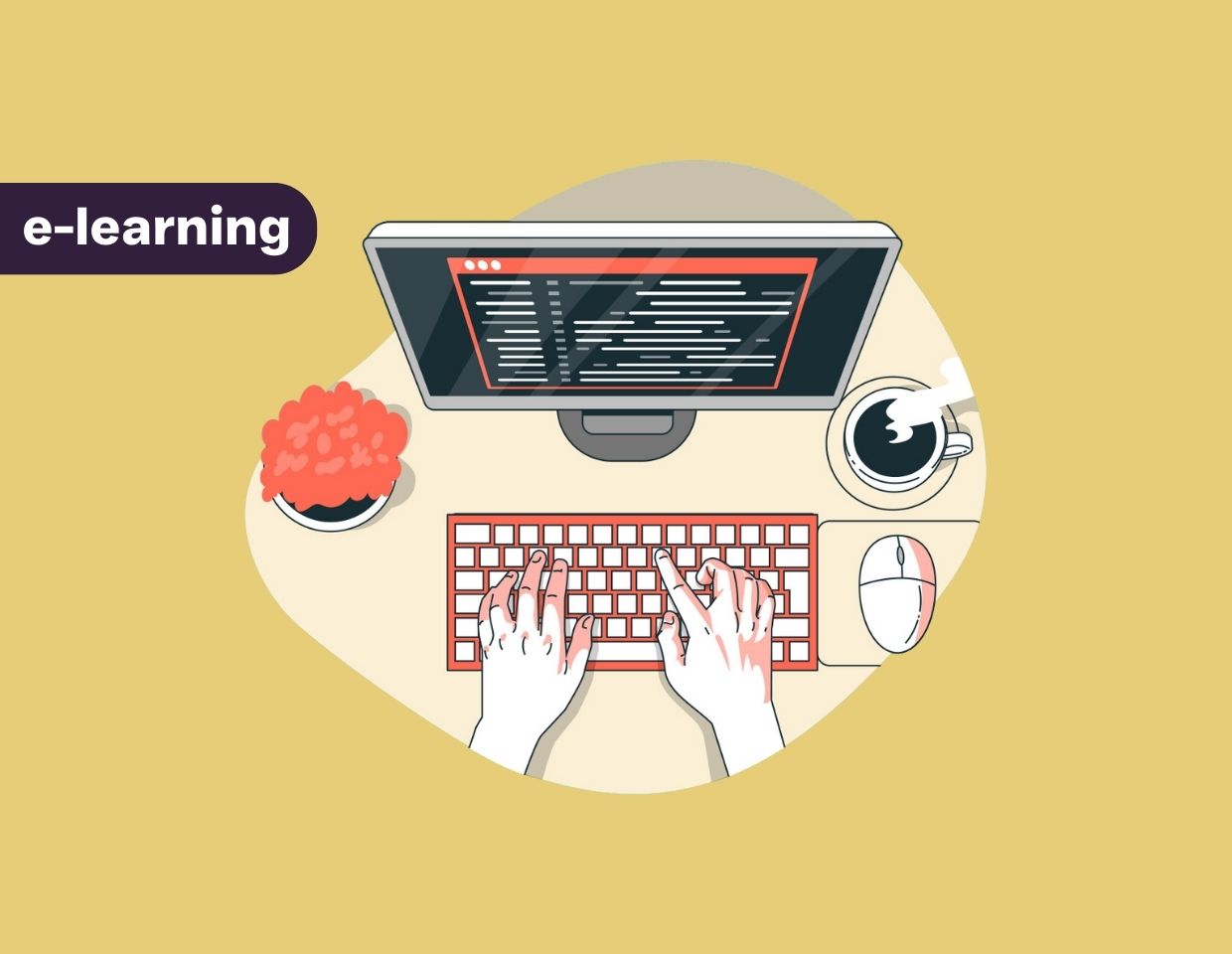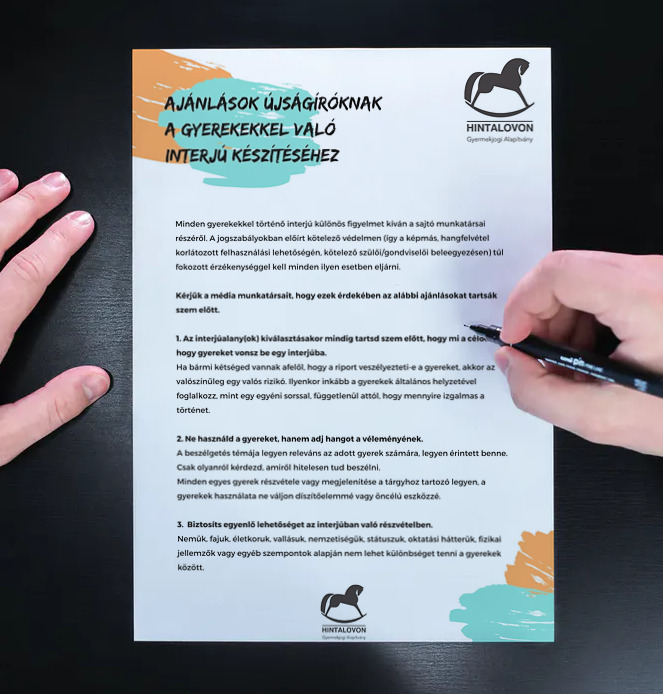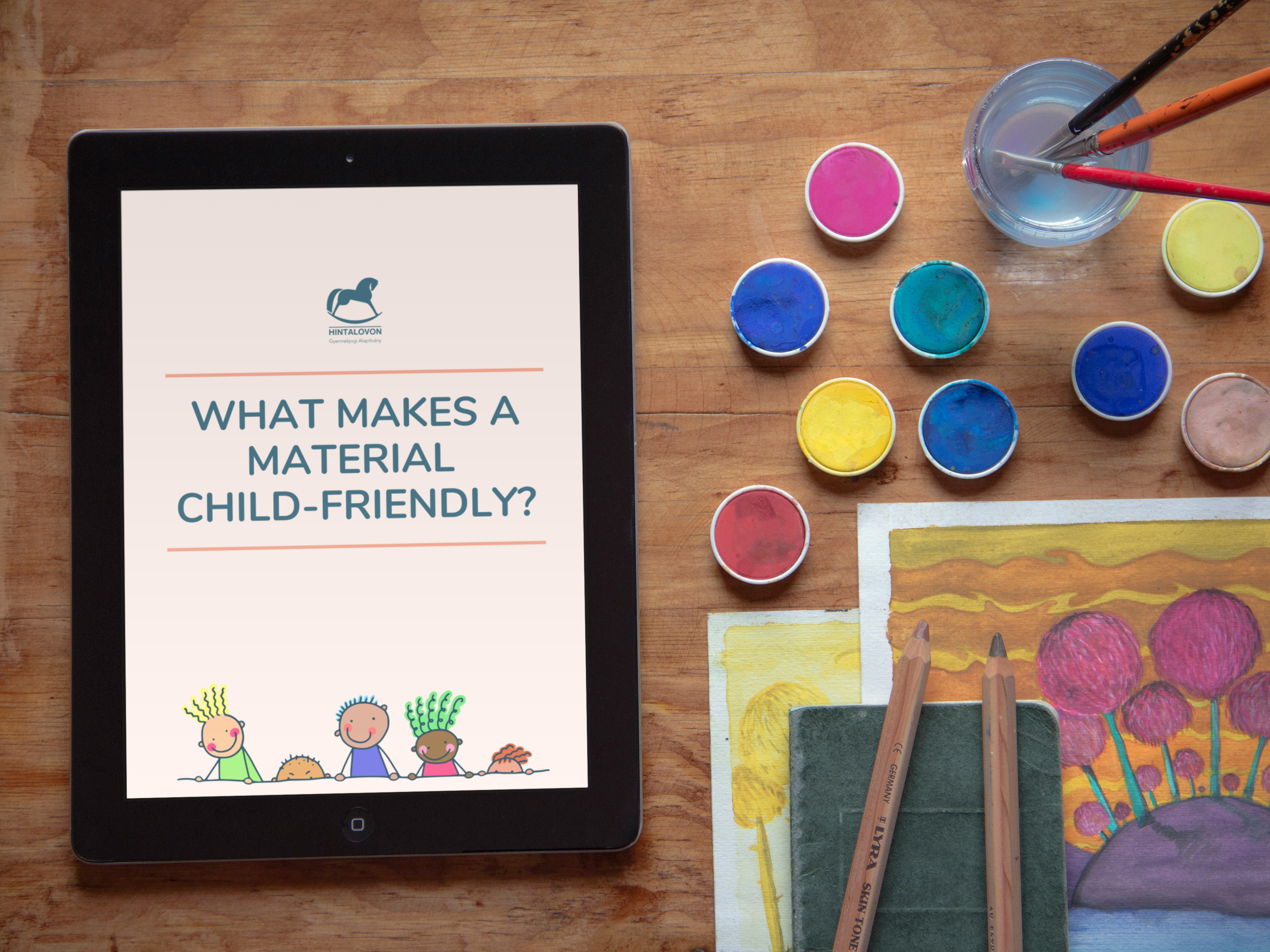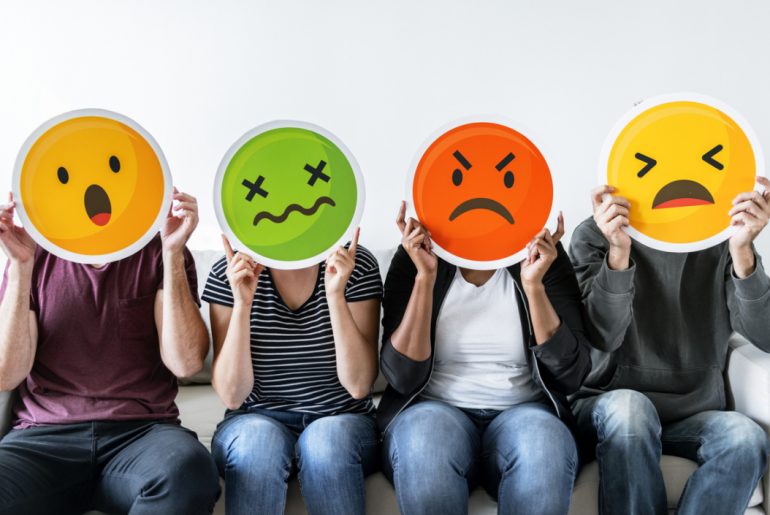The new political guidelines by the Hintalovon Child Rights Foundation offers guidance and personal assistance to politicians. The use of children in political campaigns can be prevented. Any party or politician who campaigns with children is in violation of children’s rights. This is often unconscious, so the Hintalovon Child Rights Foundation has compiled a specific list of minimum rules that must be followed to avoid rights violations. The members of the Foundation offer their personal assistance to politicians to get them acquainted with guidelines and to introduce self-regulatory processes for themselves. Knowledge of these minimum standards can also aid voters to identify the politicians who take children’s rights seriously.
Despite the issues of taking children’s rights seriously rising during every campaign period, there is a succession of party political actions that suggests otherwise. Almost all political parties misuse children’s data or have recordings from kindergartens or schools, children in photos and/or videos who are unaware of being filmed. Neither warnings from the ombudsman, the infliction of a fine or the regulations of civil law have been enough for campaign managers to take this seriously: children are not campaign tools. A child is not a bio decoration but a person under 18 who has rights: dancing, reciting poems or cutting ribbons is not what you have to do with them, but rather to ask their opinion in questions that concern them. Where a child is used instead of involved, he/she does not actually matter – this is at the core of the political guidelines by the Hintalovon Child Rights Foundation which would like to discourage politicians from using children in their campaigns.
The violation of children’s rights
The violation of children’s rights is often unconscious and preventable. Often campaign managers are unaware that their actions are illegal. In order to avoid this, the guideline sets out in detail the minimum rules which are to be followed in all circumstances. It is an important goal of the guideline to support the self-regulatory process of political parties: to ensure the observance of children’s rights, political actors should assume responsibility for their actions and establish an internal set of rules for the involvement of children in political campaigns.
Understanding and raising awareness of these minimum standards is also important because besides politicians it can help voters identify the political players who take children’s rights and interests seriously instead of just talking about them.
There are minimum rules
“We suggest that political parties draft their own set of rules concerning children’s rights as soon as possible. By doing this, they would do a great deal to change the use of children in politics. We are not aiming to collect signatures with these guidelines, but expecting real actions and change. We help identify and prevent the violation of law and would like to raise everyone’s awareness that children should not be used for political purposes. At the same time, our message is that: we are here and happy to help everyone to identify how to ask children for their opinion and support their active participation in questions that concern them” – highlighted the main points of the guidelines program manager, Barbara Németh.
Children should not be excluded from politics but should be involved in questions that concern them. This cannot be achieved by making several recordings of them, but by consulting them on matters that they relate to – this can be done well, and the guidelines also help with that. A good campaign is where the child is not only present, but participates in a meaningful way. The self- check questions and a specific suggestion for a production plan in the guidelines help with that. The authors of these guidelines would be happy to help anyone who wants to handle children’s participation and active involvement properly.
THE MINIMUM RULES FOR CHILDREN’S RIGHTS IN POLITICAL CAMPAIGNS:
- A child cannot be a tool to achieve political goals.
- The participation of children cannot be decided by adults.
- An active involvement of a child supposes that they are a certain age and of adequate maturity, so children under the age of 14 are not to be involved in political communications under any circumstances.
- Do not use children as decorations: children are considered to be a decoration if they are not present because of their knowledge or opinion, but merely because they are children, and this fact in the given situation is making the event or the actions of the politician appear in a positive light.
- Children are not the target audience of political campaigns.
- The manipulation of children is forbidden. The direct – by the school or parents – and indirect influence of children in order to reach political goals, such as winning votes, is strictly forbidden.
- Kindergartens and schools are no place for party politics.
- Politicians should not visit educational establishments during campaign periods; at other times they should only accept invitations if it is for the support of public education, and if they do not use this to propagate their political actions.
- Politicians should not send any gifts to children, their parents, workers in public education or offer any other advantages, except if it is anonymous and cannot be connected to them.
- Politicians should not accept gifts or greetings from children, educational or public care organisations, parents or public educational institutions.
- Politicians should not take photos with children, and should not support the public use of these images. Every occasion when a politician meets a child and is publicly photographed, it is considered a campaign action and entails the imposition of a fine.
- Do not use children’s personal data or image. Do not make and share recordings where the children involved have not given their consent. This is not allowed in cases where the child is under the age of 14, even if the child or their legal guardian has consented to it. They also cannot use the images of children from picture sharing sites, especially if the child in the photo is supposedly under the age of 16.
- Respect the civil rights of children: children have the right to participate in local and public matters that concern them.
- Avoid displaying children in a negative light and refrain from using hostile language or language that could result in incitement to hatred, and the visual representation of said things. Under any circumstances, do not communicate anything regarding children that might violate their dignity or their right to private life, disclosure of information or freedom of expression.
